By Sergio Rodriguez Gelfenstein *
The Covid 19 pandemic that began in 2020 has had a notable impact on the international system, but it has been Russia’s special military operation in Ukraine that has generated structural changes that are resulting in a profound transformation of the system, forging a situation unpublished in recent years, only comparable to what began to be experienced on the planet from 1943 when, after the Nazi defeat in Stalingrad, the end of the Third Reich Germany began to be visualized and the need to create a political regime that would prevent a new conflict of planetary dimensions from being unleashed in the future. This gained on subsistence after the United States dropped the atomic bombs on Hiroshima and Nagasaki in August 1945.
The Russian military operation in Ukraine has made clear the crisis and expiration of this current system that, since the disappearance of the Soviet Union that led to the end of the bipolar world, had been questioned in regards of stablility. Since then, the planet has gone through a period of uncertainty and chaos, in the last decade of the past century, until the United States imposed the unipolar world by taking advantage of the terrorist actions of September 11, 2001.
However, such a modality, transformed into a norm, perished very quickly when it was attacked from within by the economic and financial crisis that blew up the foundations of the capitalist system from 2008 on. Since then, the struggle between unipolarity and multipolarity has not been resolved in favor of one or the other option. It is worth mentioning that in this context, among the distinctive signs of the new century, especially from its second decade, the presence of China and Russia is manifested as relevant actors that point to the possibility of building a broad multipolarity that orders the world of tomorrow.
The speed of events altering the current status quo is so fast that it threatens to leave out those who do not react in time to the changes that are taking place. The conviction, that the destinies of humanity and the axis on which the global dynamics will progress is found in the Eurasian space, conditions the analysis and decision-making of statesmen and politicians.
The Eurocentric domain that existed in the 19th century and into the 20th gave way to another that moved east and west (the Soviet Union and the United States) in the previous century, so that now, in the 21st century, Eurasia begins to converge as a substantial dimension of the axis of world power. However, although globalization had already inaugurated a planetary extension of international events, now, after the development of technology and communications, such a category acquires a decisive shape and role.
From a different perspective, the Eurasian space has been filled with mechanisms such as the Shanghai Cooperation Organization (SCO), the Collective Security Treaty Organization (CSTO), the New Belt and Road, the Community of Independent States (CIS), the Eurasian Economic Union (UEE), the Regional Comprehensive Economic Association (RCEP), the Asian Infrastructure Investment Bank (AIIB), among others. These have in common their distance from the traditional centers of world power located in the United States and Europe and that had their origin in Bretton Woods (1944) and San Francisco (1945).
It is in Eurasia where the future is now being built, far from New York or Geneva, far from Paris and Rome, where the West imposes its criteria, norms and values, granting them a supposed universal character that they do not have, and that in recent times they have begun to call “rules-based international order” as opposed to international law.
The certain possibility that such a space would spread to the west with a dynamic based on economic cooperation, trade, exchange and a mutually advantageous collective security mechanism, prompted the United States to torpedo such a contingency by using the effect contrary, that is, the extension to the east, but using military instruments, blackmail, pressure and sanctions as coercive tools that have NATO as their main executing instrument.
The United States understood that it had to prevent the Beijing-Moscow axis from extending to Berlin at all costs. To do this, it was proposed to weaken the European Union, to which it does not belong, and strengthen NATO, of which it is a member and controls as it pleases. Thus, one of the fundamental changes of the new time was the total subordination of Europe to Washington via NATO, creating an Anglophone axis of domination outside European control for which the recruitment of elites from the Old Continent was the first step, and Brexit the second. In this logic, preventing the commissioning of the Nord Stream II gas pipeline gave continuity to the plan, at the same time as the incorporation of Ukraine into NATO and the installation of nuclear weapons on its territory, the culmination of the process of establishing a unipolar world, after the first failure in 2008. To do this, Russia had to disappear as a relevant international actor, on the path to destroying China as a determining global competitor in the world of the future. This is what Russia’s military operation in Ukraine has prevented.
In the broad framework that this situation generates, no place on the planet remains outside the influence of the avalanche of events that seem to testify to the birth of a new era. To that extent, Latin America and the Caribbean are not exempt from this reality. However, this scenario finds the region in a transition from the neoliberal disunity influenced by the North, to slow and difficult integration processes that intend to return to the course and rhythm that had begun at the end of the last century.
For Venezuela, the new international situation is conducive to resuming a leading role in the international system. It is not just about announcing that we have the largest oil reserves in the world and some of the largest gas, coltan, thorium, gold, diamonds, and bauxite reserves, among others, but about putting them on the table as a negotiating tool. Our geographical position adds extraordinary potential to the country’s capabilities.
We must and can enter through the front door to the coming world. Together with us, our brothers from ALBA must join. Likewise, there are the given conditions for us to play a leading role together with Mexico, Brazil, Argentina and others in the need to resume the Bolivarian, Fidelista and Chavista project of Latin American and Caribbean integration that President López Obrador has brought out of the catacombs, where neoliberalism had buried them. If Lula becomes president of Brazil, 2023 will be a year in which this project returns to the path traced in Mar del Plata in 2005.
Russia and China know this reality, we just need to let them know it again together. The Bolivarian mood of our DNA, once again forces us. We must reach 2024 as our founding mothers and fathers did to Ayacucho, two hundred years ago.
* Sergio Rodríguez Gelfenstein is a Venezuelan international relations expert, who was previously Director of the International Relations of the Presidency of the Bolivarian Republic of Venezuela, his country’s ambassador to Nicaragua and an advisor for international politics for TELESUR. Gelfenstein has written numerous books, among them “China in the XXI Century – the awakening of a giant” which has been published in several Latin American countries. You can follow him on Twitter: @sergioro0701







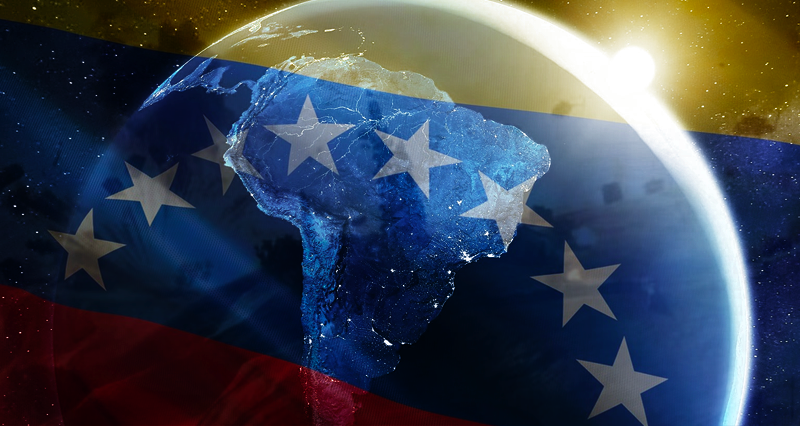


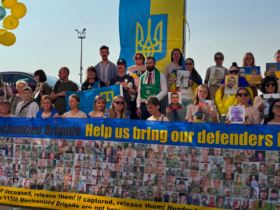
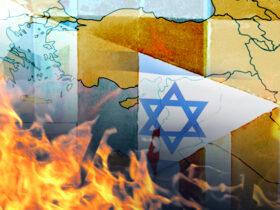
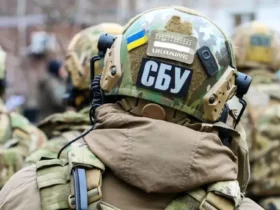
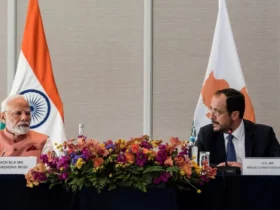
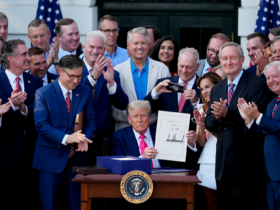
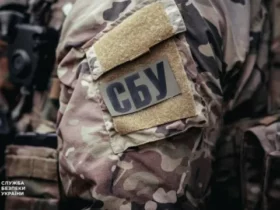

Leave a Reply